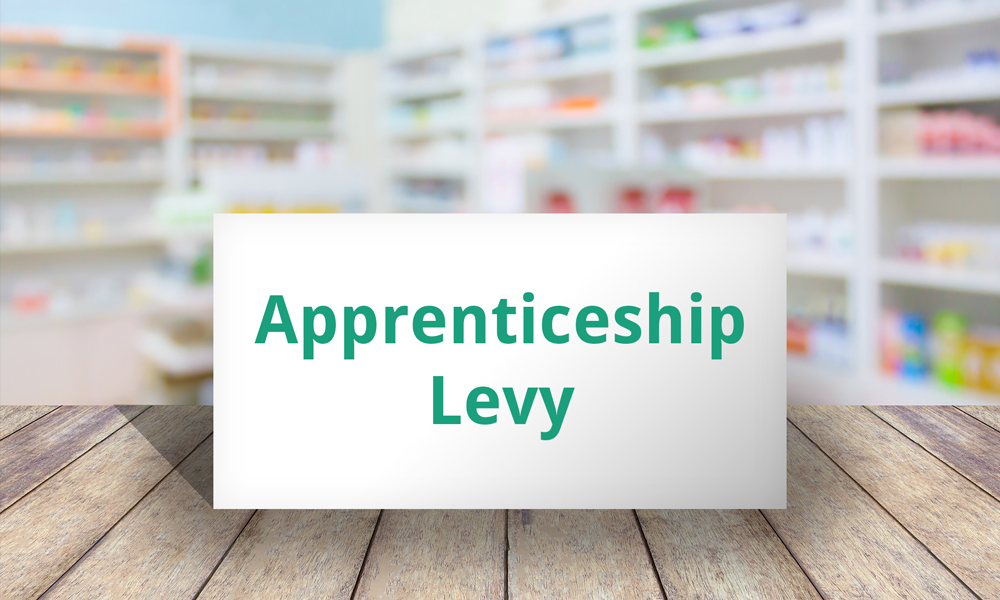Making The Levy Work For You
The government has released further information about how the apprenticeship levy will work in practice. For an overview of the apprenticeship levy, please read our previous blog post here
KEY POINTS
A LONG-TERM VISION
The new rules shift towards the apprenticeship being the beginning of a career with the employer, rather than a temporary training arrangement, “when the apprenticeship is achieved, the apprentice should remain with you, where a job opportunity continues to exist and where the apprentice wishes to remain with you. Where this is not possible, you and the provider must support the apprentice to seek alternative opportunities".
Fixed term contracts for apprentices, therefore, will no longer be workable under the levy. However, given the opportunity to train apprentices to best suit your requirements, there are certainly benefits to taking a long-term view on the continued employment and development of apprentices within your organisation. There is also the chance to upskill existing members of staff, without a set upper age limit
OFF-THE-JOB TRAINING
One of the more significant changes to how apprenticeships will be delivered is that apprentices will need to spend at least 20% of their paid working hours on off-the-job training. Happily, off-the-job training can be covered by online learning, practical training through shadowing and mentoring, alongside learning support and time spent writing assessments and assignments – so there are plenty of options.
There is no set time period for working out when the 20% off-the-job training must be delivered, so this is a good time to think how you can best make use of this study time: are there ways the apprentice can further benefit your organisation whilst learning new skills and responsibilities, away from their day to day working? If you have a number of apprentices, monthly or quarterly training events would be a good way to allow the learners to collaborate together. Moving apprentices between different learning environments would also be a positive way to widen the scope of the apprenticeship, whilst ensuring that you’re working to the apprenticeship rules.
Note that off-the-job training cannot be outside of the apprentice's working hours, so it can’t just be homework. It also doesn’t include working on Functional Skills, where applicable.
LEAVERS
The funding rules state that apprentices must not be asked to contribute financially to the direct cost of learning or assessment and this includes where an apprentice leaves the workplace. Any contract that states the learner will be charged for the course when they leave will no longer be allowed. Hopefully, the professional relationship between employer and apprentice will be enhanced during cooperative off-the-job training sessions, so attrition will be low.
OPPORTUNITY TO WIDEN THE SCOPE OF YOUR APPRENTICESHIP PROGRAMME
The prior qualifications rule has been relaxed and we will be able to fund any eligible learner, even those that hold level 4 (degree) or higher qualifications, providing the prior qualification is "materially different" from Pharmacy Services. This may allow you to reconsider existing members of staff as possible apprenticeship learners.
There will be incentives for hiring 16 - 18 year olds - it looks like employers will be eligible for a £1000 payment, paid in two parts (part 1 at 90 days and part 2 at 365 days). Additional Safeguarding checks will be conducted by Buttercups for learners aged under 18, or from any other at risk group.
FOR LEVY-PAYERS (PAYROLL MORE THAN £3 MILLION / YEAR)
More good news - funding for Functional Skills in Maths and English won’t be deducted from your digital account. The government will fund Functional Skills for any learners who are not exempt.
Please note that the data held within your digital account must match the data the training provider submits to the government. This includes data confirming start dates, withdrawal dates or break in learning dates. As such, there will need to be solid communication channels between employer and training provider, to ensure funds are released promptly.
The Education and Skills Funding Agency has released a useful getting started guide – click here to read the process for using your digital account
SO, PLENTY OF CHANGE BUT SOME GOOD OPPORTUNITIES FOR DEVELOPING THE APPRENTICESHIP TO WORK BEST FOR YOUR ORGANISATION. DO GET IN TOUCH IF YOU NEED ANY FURTHER ADVICE.
We advise that you read the Funding Rules, to familiarise yourself with any additional changes which may affect your organisation – the rules can be found here.







